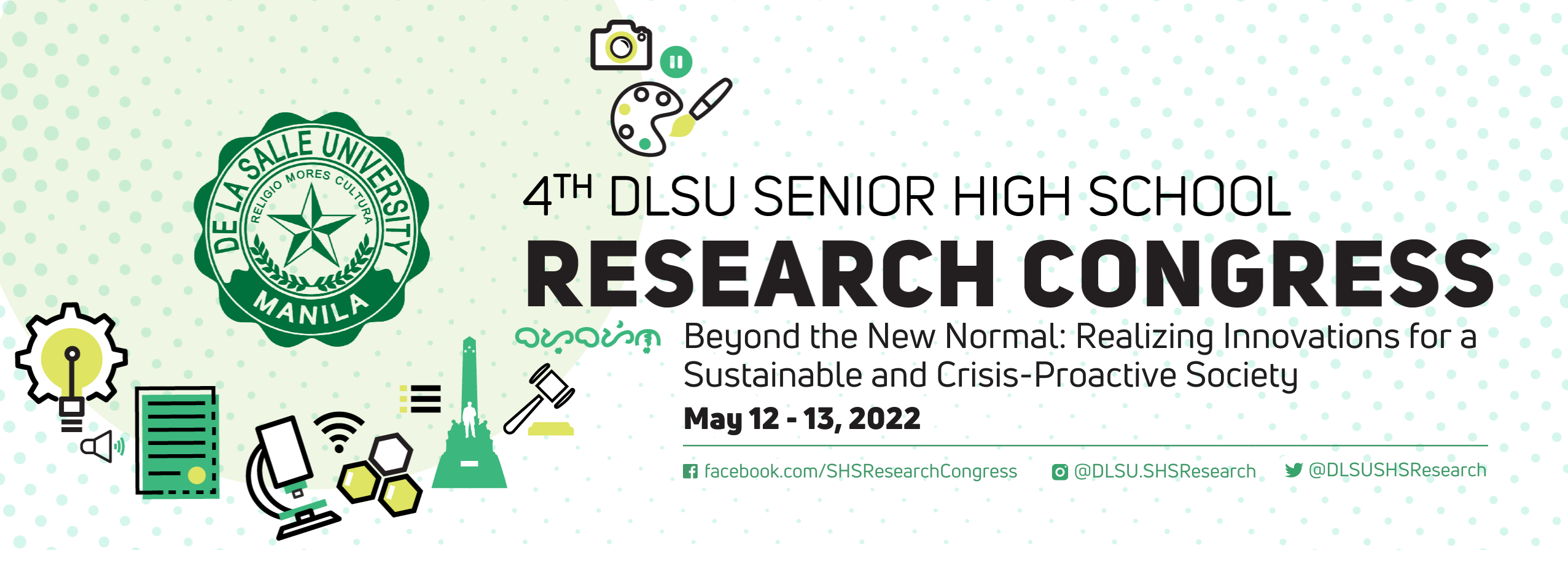Document Types
Business Presentation
Research Theme (for Paper Presentation and Poster Presentation submissions only)
Business Research
Research Advisor (Last Name, First Name, Middle Initial)
Reynaldo A. Mones
Start Date
12-5-2022 1:00 PM
End Date
12-5-2022 3:00 PM
Abstract/Executive Summary
False advertising is an ongoing practice to deceive customers with attractive but false product features, which has also been prevalent in e-commerce platforms in the Philippines such as Shopee and Lazada. Therefore, the main objective of this research is to analyze the relationship between personal and societal factors with consumers’ perception of false advertising. If achieved, this piece of evidence can be used to educate consumers to the most vulnerable factor often aimed by false advertisements. As an act to study the behavior of a consumer before finalizing the purchase, the research aimed to find the key characteristic that formed their perspective on false advertising. With this information, the most notable factor that relates to false advertisements will be exposed. The study utilizes a quantitative approach to collect data through a survey with a sample size of 400 senior high school students. However, to properly dissect the responses, the researchers used confirmatory factor analysis (CFA) and T-test to measure the significance of each personal and societal factor and verify if the data is sufficient enough to confirm the connection to consumers’ perception of false advertising. After testing the hypotheses through factor analysis and structural equation modeling, the researchers deduced that a relationship exists between these key factors and consumer perception of false advertising. Specifically, personal factors proved to be more significant in this correlation. The researchers concluded that focusing on the product itself can lead a consumer to be more vulnerable to false advertisements.
Keywords
false advertising; consumer perception; personal factors; societal factors; e-commerce
Included in
An Analysis of the Effects of Societal and Personal Factors on Consumer Perception of False Advertising in E-commerce of Senior High School Students from Schools Based in Metro Manila
False advertising is an ongoing practice to deceive customers with attractive but false product features, which has also been prevalent in e-commerce platforms in the Philippines such as Shopee and Lazada. Therefore, the main objective of this research is to analyze the relationship between personal and societal factors with consumers’ perception of false advertising. If achieved, this piece of evidence can be used to educate consumers to the most vulnerable factor often aimed by false advertisements. As an act to study the behavior of a consumer before finalizing the purchase, the research aimed to find the key characteristic that formed their perspective on false advertising. With this information, the most notable factor that relates to false advertisements will be exposed. The study utilizes a quantitative approach to collect data through a survey with a sample size of 400 senior high school students. However, to properly dissect the responses, the researchers used confirmatory factor analysis (CFA) and T-test to measure the significance of each personal and societal factor and verify if the data is sufficient enough to confirm the connection to consumers’ perception of false advertising. After testing the hypotheses through factor analysis and structural equation modeling, the researchers deduced that a relationship exists between these key factors and consumer perception of false advertising. Specifically, personal factors proved to be more significant in this correlation. The researchers concluded that focusing on the product itself can lead a consumer to be more vulnerable to false advertisements.


